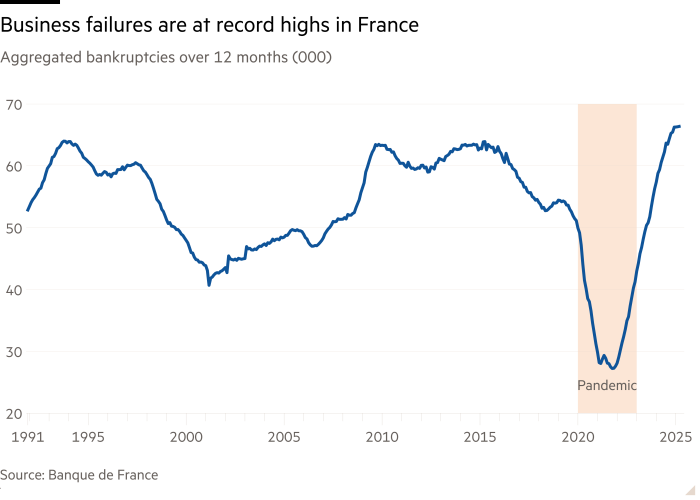‘Vibe coding’ is the new DIY

Stay informed with free updates
Simply sign up to the Technology myFT Digest — delivered directly to your inbox.
Everyone has an idea every now and again for a little online tool or game that ought to exist but doesn’t. “There should be an app for that,” we say wistfully, then we move on with our day, since most of us can’t code and are never going to pay a professional to turn our passing idea into reality.
But thanks to large language models (LLMs), there are now platforms such as Cursor and Replit that make it possible to “code” by simply typing instructions in natural language. Welcome to “vibe coding”, a term coined this year by Andrej Karpathy, a former Tesla and OpenAI engineer. Karpathy said it was fun for “throwaway weekend projects” to just “fully give in to the vibes” and “forget that the code even exists”.
Intrigued, I gave it a go. My brother, a professional computer programmer, sat next to me in case I got stuck. I wanted to make a very simple app that would allow me to pretend with my five-year-old daughter that my phone was an X-ray machine.
I set up a free account with Replit, described what I wanted in four short sentences and attached some clearly labelled files of X-ray images we had downloaded from the web. In a few minutes, I was looking at something that was almost exactly what I had envisaged, with a few odd additions. Like a junior employee eager to show off, the system had added annoying educational pop-up fact boxes and a feature to “share” the images, neither of which I had asked for. I told it to remove them, and it did.
It’s easy to see the possibilities here. Perhaps we might all begin to make our own simple little apps and programmes, designed specifically for our own needs, rather than having to sign up for vast commercial versions that demand personal data, subscription fees and so on. In the workplace, maybe non-technical creatives could vibe-code scrappy prototypes to show their technical colleagues exactly what they imagine, without their vision getting lost in translation.
Take it a step further and professional programmers begin to get understandably twitchy. What if people with great new ideas could create their own start-ups much more cheaply and quickly, without having to learn to code or pay expensive programmers? What if big companies could replace experienced coders with less skilled people on lower salaries?
Lowering the barriers to entry sounds a lot better if you are on the outside of those barriers than if you are on the inside, especially if you have invested a lot of time and developed a lot of skill in order to get there.
You can see these tensions beginning to appear in discussion forums such as Reddit. Some programmers say vibe coders are “reckless amateurs with access to artificial intelligence and zero understanding of engineering”, as one put it. And some vibe coders complain that the programmers are just “gatekeeping”.
These arguments, which are also taking place between “AI artists” and professional artists, echo debates from the industrial revolution. Framework knitters, for example, found their livelihoods threatened by machines that could be operated by workers with far less skill and experience. “Vibe knitters”, if you will. The Luddites’ antipathy was not really towards the machines, but towards the employers who used those machines to undercut them with the help of unskilled workers who made worse quality products.
Similarly, computer programmers say LLMs often produce needlessly messy code that is full of bugs and security weaknesses. Vibe coders do not have enough knowledge to spot all of these problems, let alone fix them. I encountered this myself in my experiment: at one point, my brother said “there’s a bug”. I hadn’t even noticed.
Obviously, the Luddites didn’t win their fight. But I suspect that if “vibe coding” does expand from personal projects to commercial products, professional coders will soon be called back in to fix the very costly problems caused by brittle, insecure code.
I am reminded of the time my husband and I decided to repaint our flat ourselves. When we came to sell it, the survey report said we had done such a terrible job that we had lowered the value of the property. Next time, we paid a professional and didn’t resent the cost.
Perhaps vibe coding will go the same way as DIY: plenty of people will experiment with projects at home and enjoy the process. Some people will become really good at it. But for the complicated jobs, many of us will discover a newfound respect for the professionals. We might just have to live through a few DIY disasters first.






